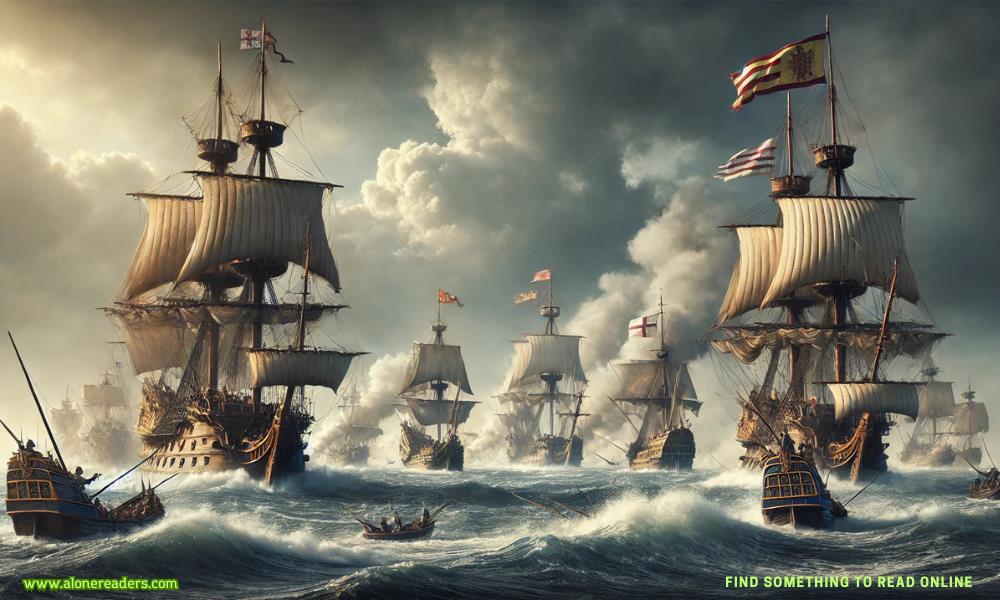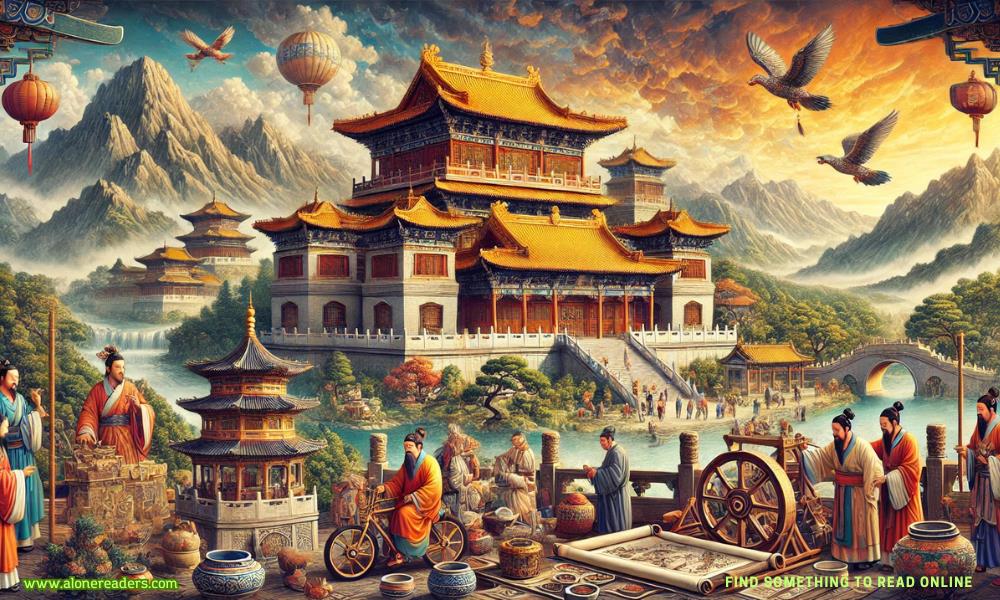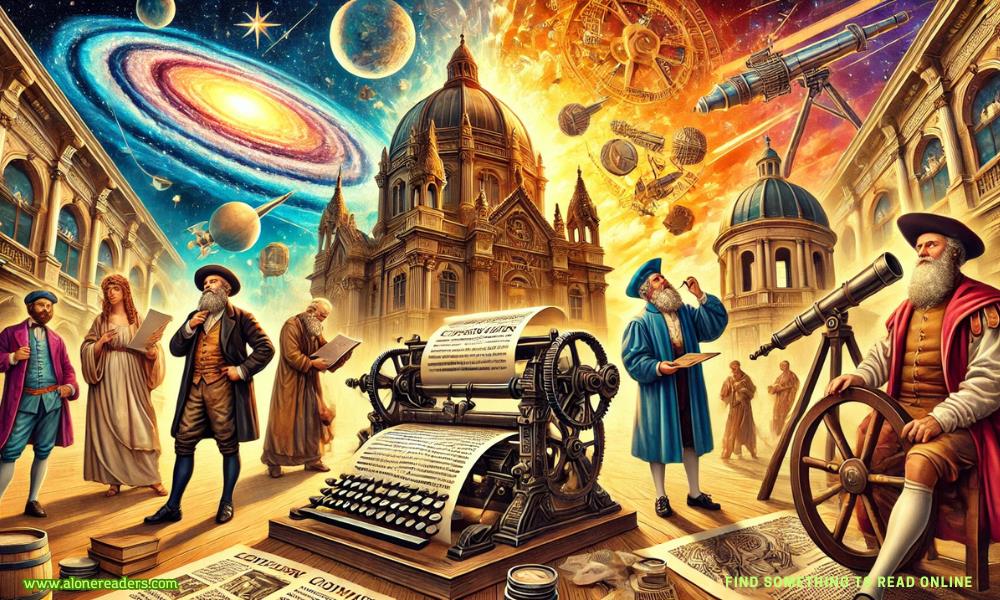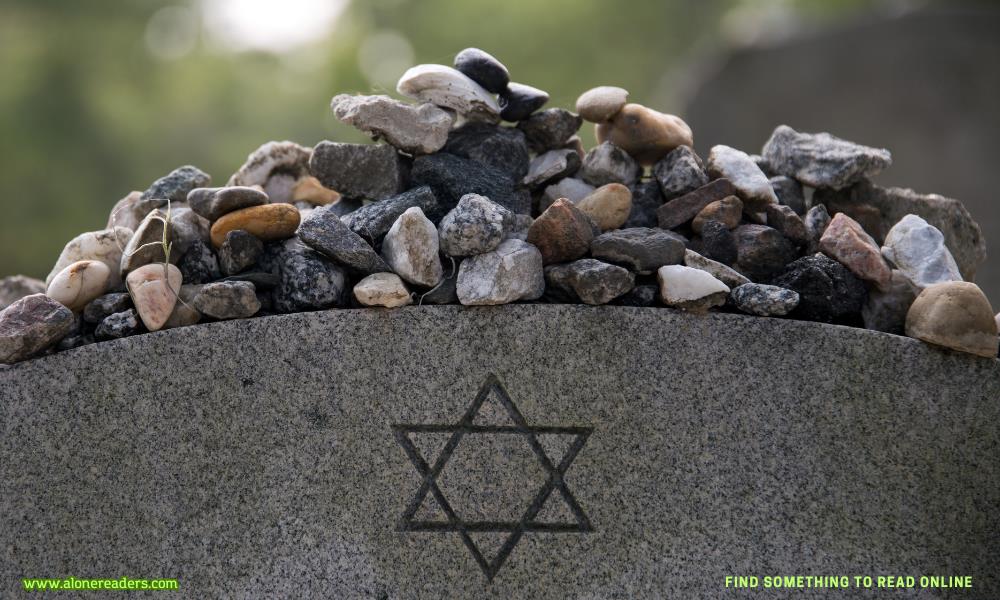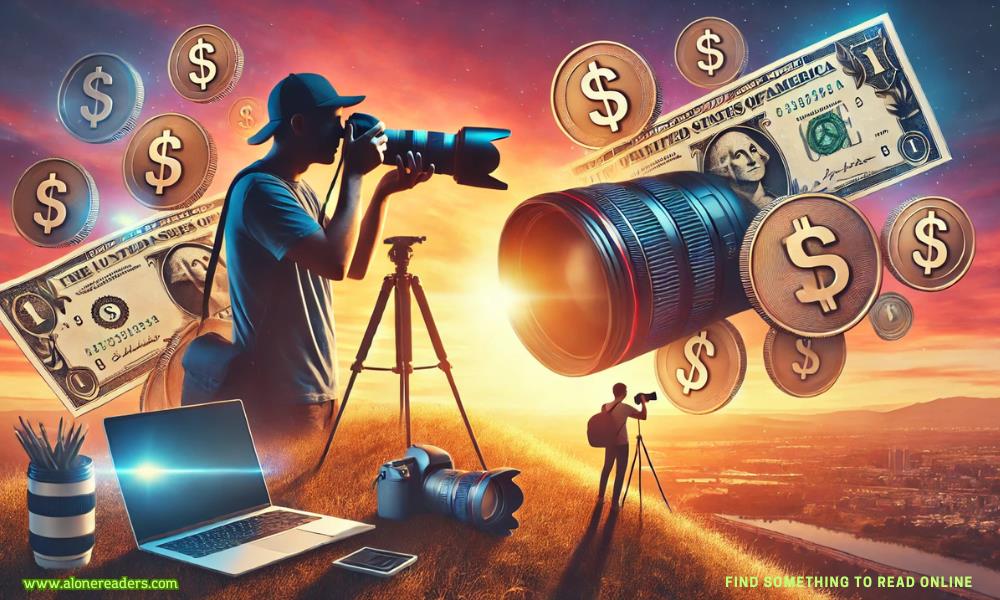Page 1 of Calder Promise (Calder Saga 8)
PART ONE
There’s a promise in the wind,
A hint of devil-may-care,
A time for fun and frolic,
And a Calder wants her share.
Chapter One
The flattering glow of candlelight welcomed the arriving guests to the home of Count and Countess Valerie, a sixteenth-century palazzo on Rome’s Capitoline Hill. Twenty-one-year-old Laura Calder ran an appreciative eye over the frescoes and friezes that adorned the walls and ceilings of one of the palazzo’s many ballrooms, but her attention quickly reverted to her fellow guests.
Not all had gathered in the ballroom. Some, first-timers like herself, were being shown around the palazzo, a tour Laura had recently completed. Virtually all on hand were strangers to her, although Laura recognized several faces, identifying them from photographs she had seen in either the society or business pages. So far she had spotted an Italian film producer, a French dignitary, an American industrialist, a former British prime minister, a robed papal envoy, and a Pulitzer Prize–winning author.
Yet, surveying the throng of notables and glitterati, Laura was half-tempted to unleash a rather raucous “Yee-haw” just to watch the shock waves it would create among such a staid and dignified gathering. She smiled at the thought of all the raised eyebrows and down-the-nose looks that would be directed her way if she did. Perhaps another time, she decided.
“Excuse me—you there, young lady.” Amongst the foreign chatter going on around Laura, the gruff and rather demanding male voice was too distinctively American with its trace of Texas twang not to immediately catch her attention.
When she looked around to locate its source in the acoustically poor ballroom, she spotted an older man in a wheelchair, positioned facing the doors that opened into the palazzo’s inner courtyard. In a glance, she took in the grizzled silver of his hair, the harsh, age-lined gauntness of his face, and the thickness of his heavily muscled torso beneath the fine cut of his suit jacket, a thickness that was so at odds with the atrophied slenderness of his legs.
There was something vaguely familiar about his face, and about the fact that it belonged to a man in a wheelchair, but Laura couldn’t make the connection to come up with his name. Belatedly she noticed that his hard, dark eyes had fastened their gaze on her.
“You there.” He motioned to her, then paused and scowled uncertainly. “Do you speak English?”
Her mouth curved in an easy smile. “I do indeed.”
“An American. Thank God,” the man muttered, half under his breath, then broke eye contact with her and nodded toward the door. “Give me a hand with this door. I need some air.”
Laura caught the note of frustration in his voice and guessed immediately that this was a man who loathed the idea that he required anyone’s assistance. Just like her grandfather, it could make him very irritable.
Certain that he would find any verbal response from her irksome, Laura said nothing and simply crossed to the door. As she pushed it open, she noticed the raised threshold and knew it could pose a problem for him even though the wheelchair was motorized. Without a word, she passed him her beaded evening bag and stepped to the back of his chair. Gripping the handles, she gave it a push and a tilt and wheeled him into the inner courtyard.
With a touch of the controls, the man swung the chair toward her and ran an appraising eye over her, inspecting the sophisticated upsweep of her blond hair, the sculpted fineness of her features, the diamonds that dangled from her lobes, and the silken elegance of her gown, its rich chocolate color intensifying the deep, dark brown of her eyes that contrasted so with the gold of her hair.
“You’re stronger than you look,” he announced, making no effort to return her evening bag.
“I’ll take that as a compliment.” Laura allowed a small smile to play across her lips.
“What’s your name?”
“Laura Calder.”
“Calder, you say. Any relation to the Calders of Montana?” he asked, exhibiting a mild curiosity.
“Chase Calder is my grandfather,” she confirmed, not at all surprised that he should know of her family. While the Calder name meant little in Europe, it was widely known at home.
“Your grandfather,” he murmured and looked at her with new eyes. “You must be Jessy Calder’s daughter, ’cause you certainly didn’t get that blond hair from Chase.” He shot a look toward the ballroom. “Is your mother here? I don’t recall seeing her.”
“No, I’m with Tara Calder. She’s been like an aunt to me.” She was deliberately offhand with her answer, skipping any specific response to a relationship that was difficult to explain, even though it had existed almost from the day she was born. Eyebrows were invariably raised when people learned that Tara Calder had been her father’s first wife. Yet, in many ways Laura was closer to her than she was to her own mother.
“Tara,” he thoughtfully repeated the name, then brightened in sudden recognition. “Of course. E.J. Dyson’s daughter. I remember now; she was married to your father once.” His eyes narrowed on her, an avidly interested gleam lighting them that Laura had seen in others when they made the same connection. “And you’re here with her.”
Laura was too used to fielding such remarks to be bothered by it. She handled it the way she always did, by altering ever so slightly the direction of the conversation.
“Yes. I graduated from college at midterm, but Tara insisted that my education wouldn’t be complete without a tour of Europe.”
He nodded, his expression taking on a faraway look. “Yes, that’s the way it used to be done when a girl came of age. February in Switzerland, March in Greece or the Riviera, April in Paris, naturally, and . . .” He paused before concluding, “Italy in May.”
“Something like that,” Laura admitted, his guess at her itinerary coming close to accurate.
“Must be missing Montana about now,” he surmised.
“I haven?
??t really had time. There’s been too much to do, to see, and to experience.” And she was loving every moment of it. With his questions answered, it was her turn to ask some. “I’m sorry. I don’t mean to appear rude, but—I know I should recognize you.”
“I’m Max Rutledge.”
“Of course.” Everything clicked into place: Max Rutledge, the Texas rancher turned oilman, turned banker; a politically powerful mover and shaker behind the scenes, crippled in a car wreck that claimed his wife’s life—and worth billions. “I’ve heard of you.”
His chin lifted in measured challenge. “What have you heard?”
Laura knew instinctively that she was being tested. “I’ve heard that you have no patience with fools or liberal Democrats.”
With a grin as big as Texas splitting his face, he settled back in his wheelchair and surveyed her with approval. “That’s one and the same thing, isn’t it?” The question at the end was purely rhetorical. “That answer was a bit cheeky. Kinda surprised me.”
Laura smiled, certain now that she knew how to deal with him. “I imagine you are a lot like my grandfather. He can’t stand it when people pull their punches because of who he is.”
“I met your grandfather a couple times. It was some years back, though,” Max Rutledge recalled. “He struck me as a man who knows exactly what he wants. More important, he knows how to keep it.” He studied her thoughtfully. “I get the feeling that some of that trait runs in you.”
“You definitely have met my grandfather.” Laura carefully avoided a direct response. It was something she had learned from her grandfather. Endless times he had told her never to brag about who she was or what she had, counseling her that if someone didn’t know, he’d find out on his own soon enough. It was a lesson that had gone hand in glove with Tara’s teaching that it was more important for Laura to make the right impression than a good one.
“So”—Max Rutledge dropped her evening bag onto his lap and clamped both hands on the armrests of his wheelchair—“are you enjoying this little do?”
“I am. Aren’t you?” she countered.
He harrumphed ever so faintly, with a note of amusement. “Not really. For a man like me, trapped in this thing, I spend half the evening staring at buckles and bosoms.”
Laura laughed, a spontaneous and natural reaction to his irreverent remark. She struggled to swallow it back, not wanting him to think she was laughing at his infirmity. But remnants of it bubbled in her voice when she said, “That offers a very different perspective on what it’s like for you.”
“It’s a view that can have some eye-opening rewards on occasion,” he declared with a naughty twinkle in his eyes.
“I can imagine—vividly.” There was a movement in her side vision as one of the guests passed by the door, briefly blocking the light from the ballroom streaming into the courtyard. It suddenly occurred to her that Tara might be wondering where she was. For that matter, whoever came with Max Rutledge might be wondering the same thing about him. Laura was certain a man of his stature wouldn’t have come alone. “Is there someone with you? I could—”
“Just my son.”
Laura thought she detected a note of impatience, almost disgust, in his rather abrupt reply. “Boone—isn’t that his name?” she recalled, unable to summon up much else about him except a vague memory that this most eligible bachelor from Texas had a bit of a reputation for playing the field.
- Praise Me: Princess by Jessa Kane
- Animal Instincts by Jenika Snow
- Captured By the Bratva by Ava Gray
- Devlin by Winter Sloane
- Cruel Honor by Ivy Davis
- Playing With Fire by Emily Hayes
- The Ballerina by Jade Marshall
- Frat House Fling by Stephanie Brother
- Use Me, Daddy by Sara Fields
- Snowy Secrets by Ajme Williams
- Fierce-Michael by Natalie Ann
- Forever His This Christmas by Rosa Mink
- Trust Me With Forever by Kayla Chase
- She's Got that Fire by Haley Travis
- Savage Mountain Man by Lilah Hart
- The Way You Hurt Me by Emm Darcy
